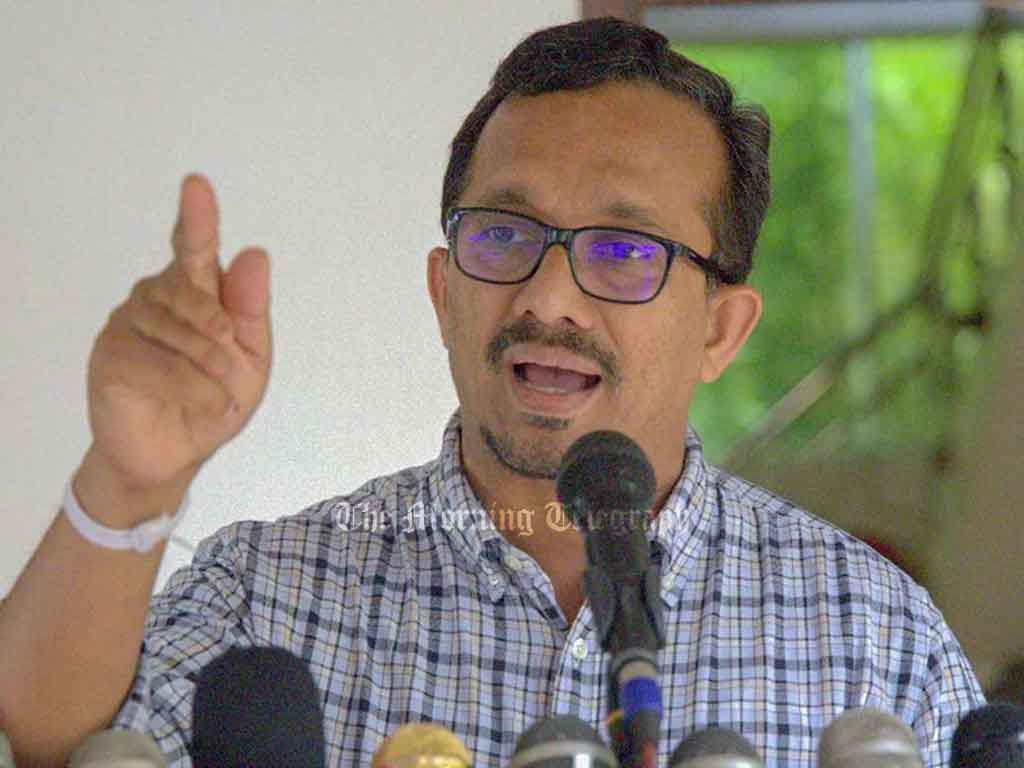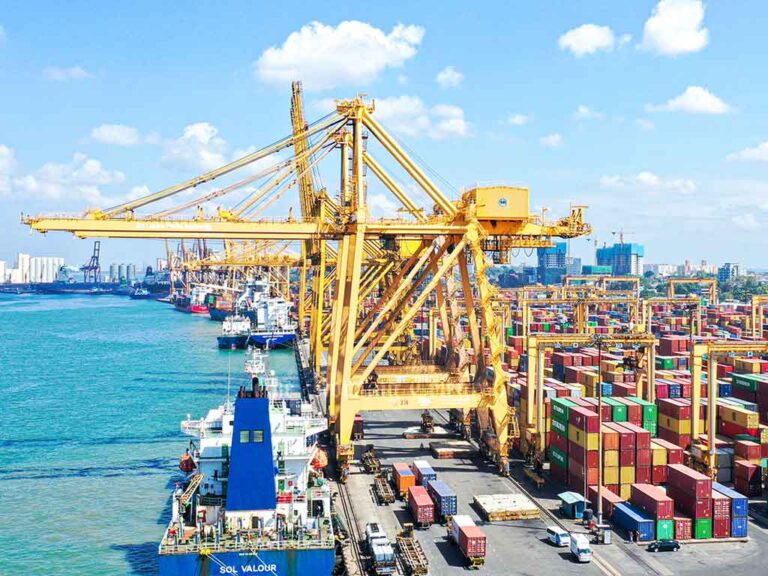
Minister of Industries and Entrepreneurship Development, Sunil Handunnetthi, stated that when the current government assumed office, the country was in severe crisis—with no rice in storage and no fertilizer available. He made these remarks while addressing a public gathering in Mahagodawatte, Thelijjawila, in support of candidates contesting the upcoming local government elections.
“When we took over the country, there wasn’t a grain of rice in the government paddy stores. Fertilizer was unavailable, and the subsidy had been scrapped. It wasn’t because of us that fertilizer wasn’t distributed—it was the result of mismanagement before us. Farmers protested, and rightly so,” the Minister said.
Reflecting on the political journey of the National People’s Power (NPP), Handunnetthi explained:
“In the past, we contested elections from the opposition. We won the presidential and general elections by being the alternative to the failed governments of the time. Back then, we received what were essentially anti-government votes. But now, for the first time in Sri Lanka’s history, we are seeking votes while holding power.”
He stressed the importance of this election, even though it’s at the local level:
“This may be a village-level election, but it serves as a referendum on our governance. Gaining the people’s trust when in power is just as crucial as when in opposition.”
Responding to criticism from the opposition, he added:
“The opposition doesn’t really have anything substantial to say against us. They can’t accuse us of fraud, corruption, nepotism, or selling off state assets. They can’t say we pushed the country into a debt trap. Instead, their only accusation is that we ‘deceived the people’ and won the election. But if the people themselves confirm that they voted for us by choice, what more can they say?”
Handunnetthi urged voters to use this election to prove that the people elected this government willingly and not out of blind frustration with the previous regime:
“This vote is your opportunity to say you made the choice consciously—to support change, not just to oppose the past.”
He also emphasized the importance of local government institutions:
“We have put forward major development proposals—such as the Nilwala River Development Project and the fallow paddy cultivation initiative—funded through decentralized and provincial council budgets. But it’s the Pradeshiya Sabhas that implement these projects at the grassroots level. They approve road and water supply plans, estimates, and local budgets. So their role is essential. No matter how efficient the central government is, we need strong village leadership.”
“This election will be the first in years where true people’s representatives from the grassroots will be elected. That makes it all the more important.”
He took a jab at the opposition, saying:
“The opposition claims they hold power in the villages. This election will be the test of that claim. We have 159 seats in Parliament. The opposition has only 45. But they make far more noise. That noise must be silenced with results at the polls.”
Highlighting the new political culture his party promotes, he said:
“This government doesn’t interfere with the law. Even if one of our own violates it, they’ll be arrested. We’re serious about reforming Sri Lanka’s corrupt political culture. And we didn’t just talk about it—we delivered.”
“Under previous governments, if a cabinet minister visited a town, they would arrive with a fleet of government vehicles and dozens of police officers. Now, under our government, none of that happens. Not just me—our entire cabinet works without official vehicles, residences, or double salaries. Even the President is leading by example. His official residence was used for the first time yesterday—for the reception of Indian Prime Minister Modi.”
“These aren’t small changes. They’re the foundation of a new political culture that puts the people first.”




